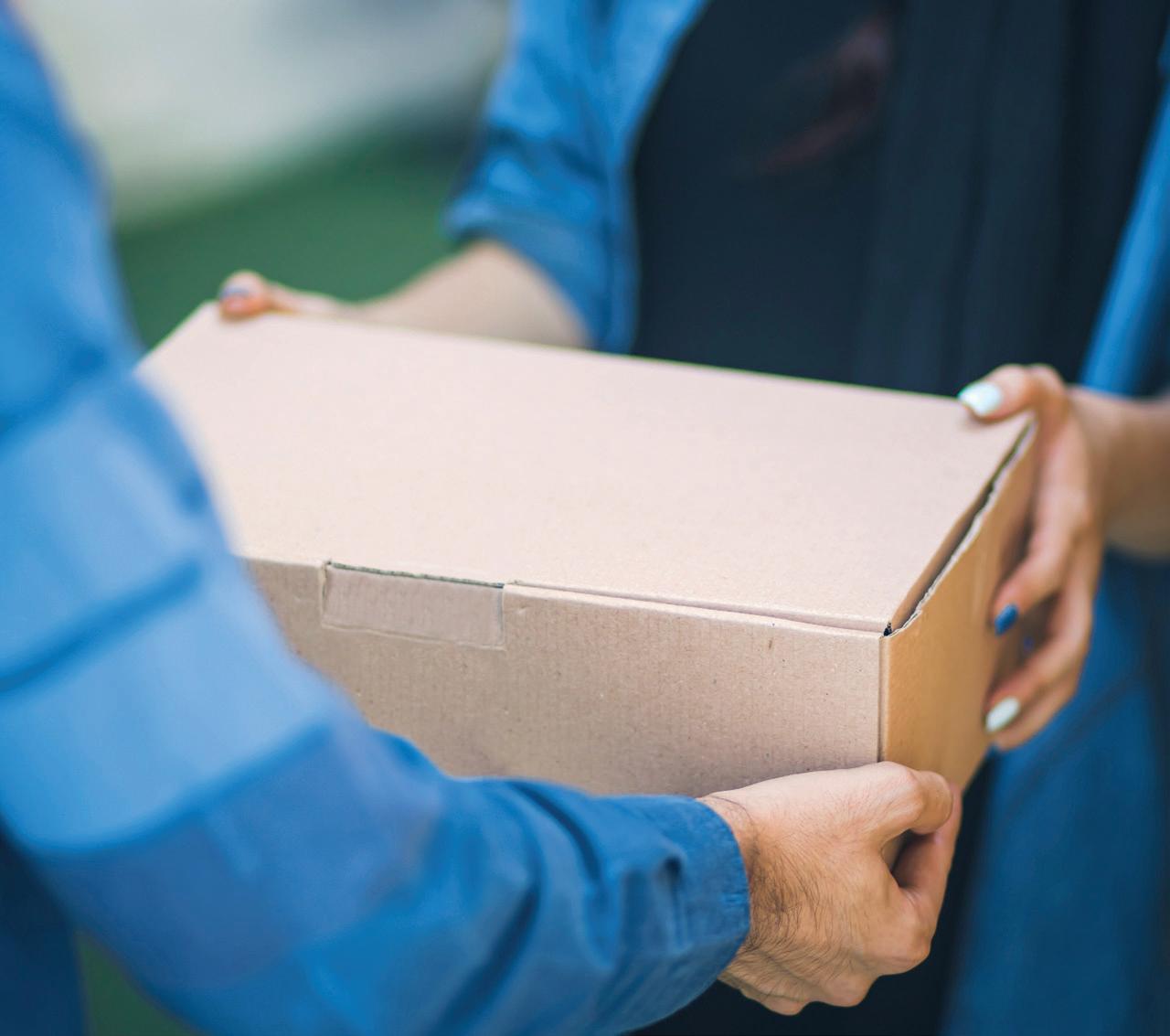Overcoming three challenges to delivery efficiency during unprecedented times The coronavirus pandemic has presented challenges for every industry, organisation and individual across the world. In particular, the increased pressures that have been placed on ensuring efficient deliveries to stores and to homes, have never been experienced before.
With the Government placing the UK on Police-enforced lockdown, not only did panic-buying ensue, but the public were unable to purchase items from stores. Ecommerce demand has seen huge growth, with a resultant exponential increase in the number of home deliveries for all types of goods. So what are the main pinch points for delivery that have been caused by the crisis, and how can they be addressed? Andrew Tavener, Head of Marketing at Descartes, explains.
Delivery to store
Contributor: Andrew Tavener, Head of Marketing at Descartes Systems UK Ltd
26
PUBLICATION BROUGHT TO YOU BY
In light of panic-buying and stockpiling caused as a result of the outbreak, many supermarkets have struggled to keep up with demand and keep shelves stocked. We’ve already seen certain measures come into effect to support retailers, such as the relaxation of the enforcement of the EU drivers’ hours rules, as well as changes to MOT testing requirements on commercial vehicles to keep deliveries moving. But while these initiatives will all contribute to the overall effort to streamline delivery to stores, with the temporary lack of regulated checks, implementing
vehicle safety technology to make sure vehicles are roadworthy and drivers are safe when they go out is more important than ever before. Additionally, the government announced temporarily relaxing elements of competition laws to allow retailers to work together and share resources to take some pressure off of supply chains; sharing stock data, pooling staff, delivery depots and vans, as well as coordinating opening hours to allow for shelf stacking time. When it comes to sharing delivery capabilities, an online, remote, centralised system is essential, so that everybody can access it in order to provide maximum visibility and capitalise on technology to get more out the existing resources in place, as they come under increasing pressure. Crucially, supermarkets have been closing overnight to allow for deliveries and stacking to take place. This is where dock appointment scheduling becomes a critical component, to be able to manage demand in line with resources and capacity, to prioritise deliveries and create a foundation for better carrier/













